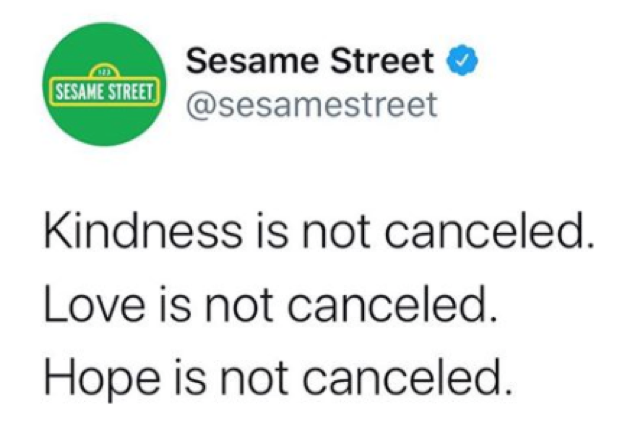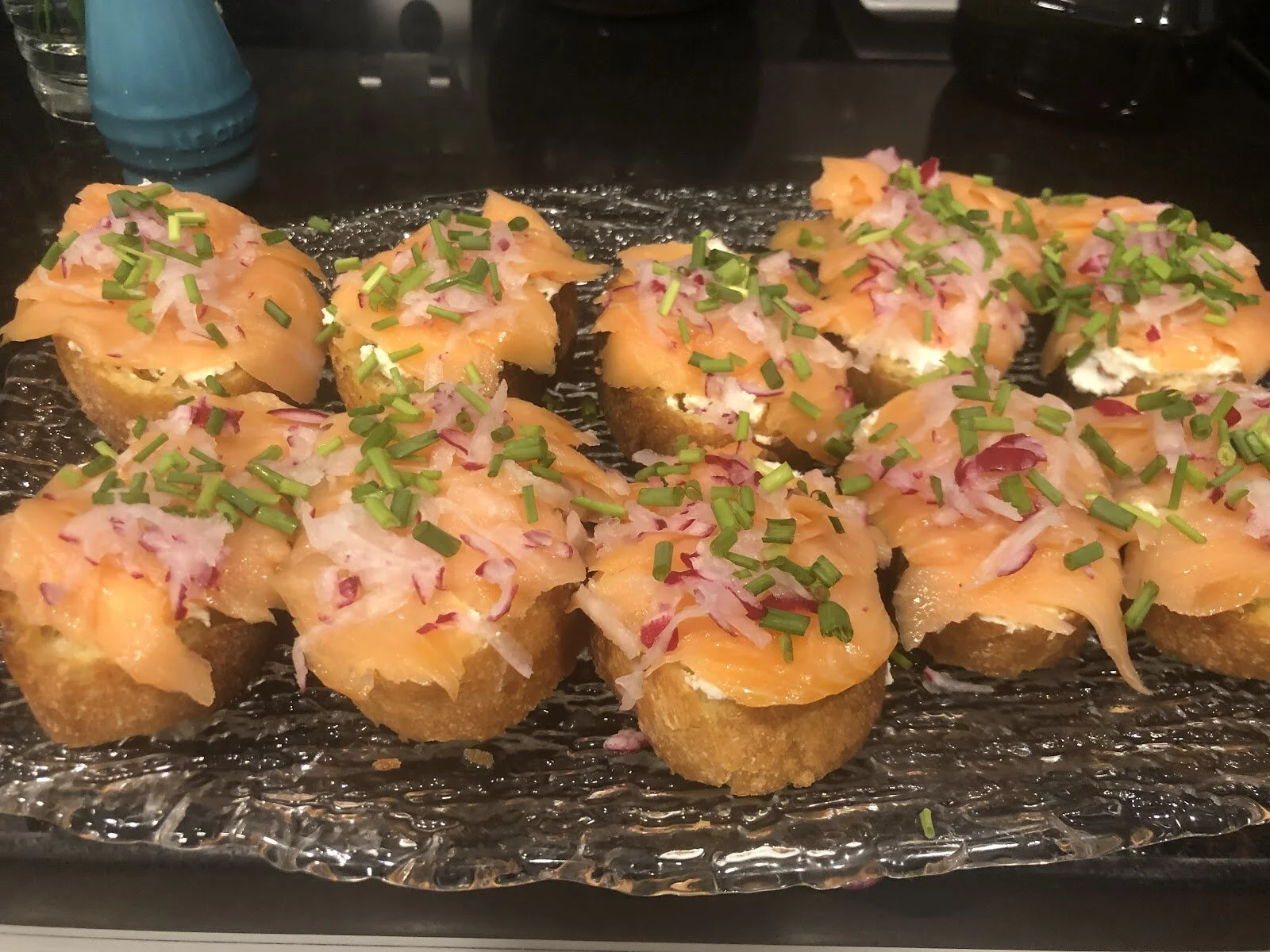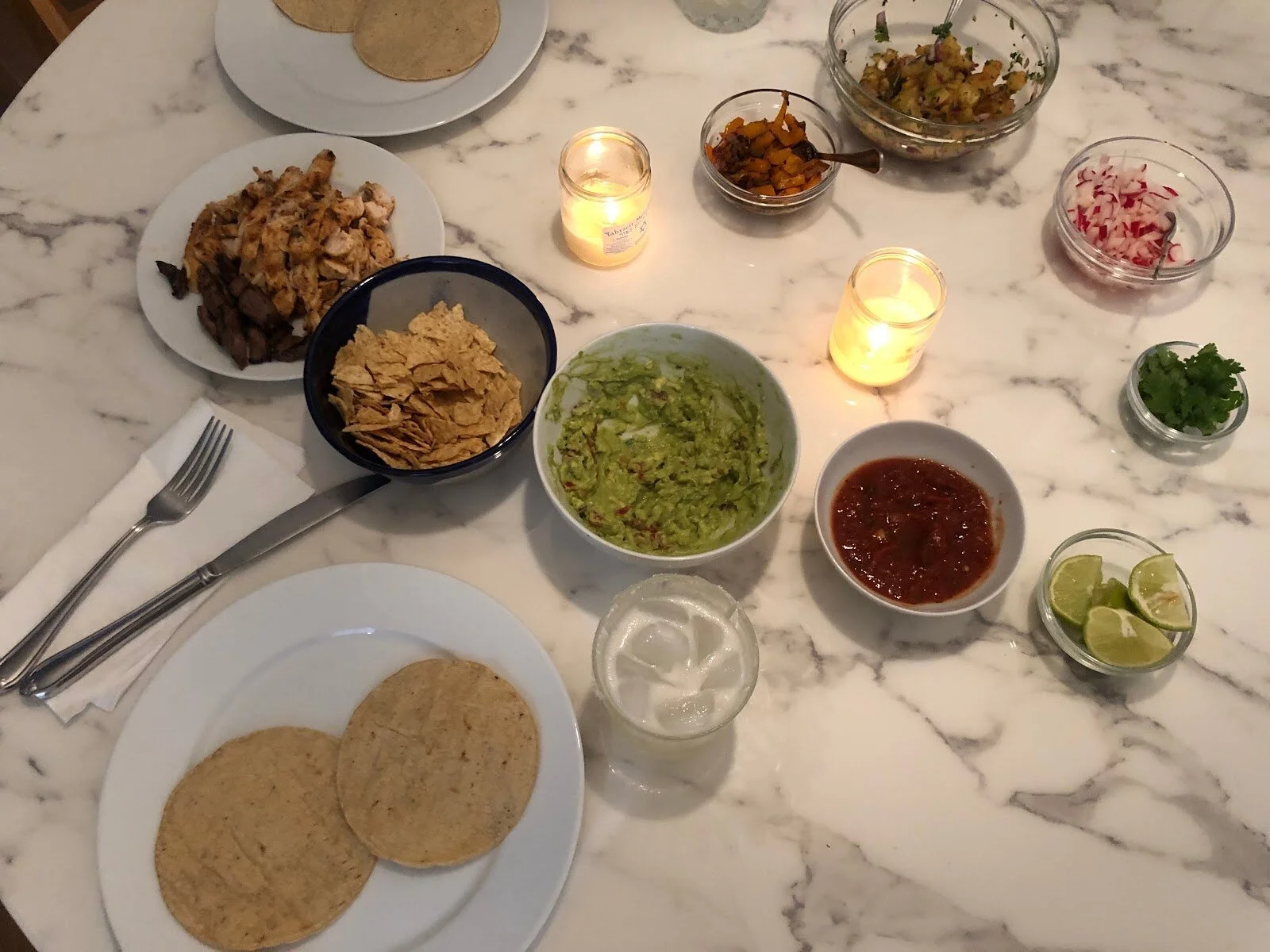The Power of Adaptability
The Harvard Business Review recently published an excellent article, “Leadership in a (Permanent) Crisis”. The authors contend that now is the time to press “reset” on our organizations rather than “hunker down” during this COVID-19 pandemic—it is the time to embrace what the authors call “adaptive leadership”. My favorite quote from the article is:
“Most sustainable change is not about change at all but about discerning and conserving what is precious and essential.”
It’s important to focus on what is “precious and essential” in our organizations. Yes, everything has shifted. But how can we hold onto what is most essential and adapt so that we and our organizations emerge stronger and better? For all organizations, I strongly suggest reviewing what I call your organization anchors, that is, your mission, vision, values, and positioning. These are at the core of your business—they inspire belief in your organization as well as align and energize all team members. Whatever decisions you make—before you lift your anchor to adapt—you must take these into account. They are what is “precious and essential” about your organization.
Beyond our organizations, it’s important to focus on what is “precious and essential” in our personal lives, too. For me, it’s what one of my favorite childhood shows, Sesame Street, reminded me about—and I continue to reflect on this wisdom:
Did I just relate Sesame Street to HBR? Yes, I did. In order to move forward as a better, more inclusive society, we must remember to always embrace kindness, love, and hope.
In this rest of this blog post, I’m going to be sharing what I’ve been doing over the past few months to cope with COVID-19 and draw conclusions and central themes that can help you, your team, and your organization to adapt during this time. This blog post is more personal than others I’ve written in the past. During this time especially, it’s difficult to disentangle the personal and professional so why force it?
Feel free to skim to get to sections that are interesting to you. If you’re looking for ways to navigate your organization and team through COVID-19 and successfully conduct business virtually, I’ve got you covered (look for the “What This Can Teach Us About Business” sections). And if you’re looking for recipes or live streaming music recommendations, I have those, too.
First and foremost, I want to acknowledge that I am incredibly grateful to all of the healthcare workers, first responders, store workers, and delivery drivers. I also recognize that I am in a position of extreme privilege during the pandemic—I am able to purchase food and all necessities, and I am still doing meaningful work and helping my clients. I also do not have children and therefore have time that some of my friends and siblings do not. That being said, this pandemic is affecting everyone in unique ways, and we’re all finding ways to adapt personally and professionally.
Cooking
I’ve enjoyed cooking since I was about 17 years old—from when my mother accused me of not knowing the first thing about cooking. I took that affront as a challenge and pleasantly surprised her when I then successfully hosted a dinner party for six of my high school friends. After this first successful experience, I was hooked on cooking. Over the years, cooking has become a stress reliever and creative outlet for me.
At the beginning of the pandemic, my sister who lives in New York City and I started texting each other photos of the dinners we made each night with the caption “What’s on my table”. There’s something really comforting about knowing that we’re going to share this experience with each other every night, and it’s really fun to see what we come up with (and share recipes). We’ve compiled these recipes, photos, and stories into a free Google Doc—please enjoy!
What This Can Teach Us About Business
While I’m not suggesting that organization leaders text their employees every night at dinnertime, I do think that this activity underscores the importance of keeping lines of communication open. Especially for those working remotely, communication is incredibly important. Instead of having one-on-ones once every other week, consider having them every week. Perhaps have quick daily check-in meetings with your employees. Use Slack or other messaging tools to keep in touch.
Also, it’s a great idea to have weekly team meetings (ideally, where everyone can see one another via video conferencing) or at least a weekly team email. If you are a leader, it’s okay to admit that you don’t have the answers—but be available to talk to your employees and answer their questions as best you can in a compassionate way.
A cautionary note: Remember to protect your personal time as well as your employees’ personal time. Try not to text or reach out outside of business hours. Instead, save a message or email as a draft and send it the next morning. If you are a leader, it’s important to set this precedent yourself so that your employees know that you take your personal time seriously and they should, too.
The other business takeaway from my cooking experience is that collaboration can still very much happen virtually. I have discovered a virtual tool called Miro. I have been telling literally everyone I know about how great this tool is. I have used it for brainstorming (they have awesome virtual sticky notes and voting) as well as journey mapping exercises. They have great templates and it’s surprisingly intuitive for users to participate. Of course, things like Google Drive and Microsoft Teams are great for collaboration, too.
Practicing Yoga
I’ve been practicing yoga for 14 years now, though I became more dedicated in the past year and a half. During the pandemic, I find myself doing yoga most days thanks to virtual classes from Bliss Body Yoga and Blue Lotus. I also recently created a 45-minute music playlist and have been designing my own yoga class…I’ve never done this before now, but it’s a really fun experience.
One of the best things about practicing at home is that I am not self-conscious and not worried about falling (which I’ve done several times). Because of this, I’ve been able to do arm balancing poses that I’ve been working on for over a year and have never been able to do until now (for yogis reading this: flying pigeon and flying lizard).
What This Can Teach Us About Business
The lesson here is twofold: 1) Don’t be afraid to fail (or literally fall). Now is the time for honesty and compassion (as noted above), but not perfection. 2) Realize that you won’t see results overnight, but dedication will result in visible change and progress over time.
As a leader, encourage your employees to keep trying, even when they are discouraged. I recently read Atomic Habits by James Clear and receive his weekly 3-2-1 newsletter (where he shares 3 ideas, 2 quotes, and 1 question). One of the quotes in a recent newsletter was:
“If you have good habits, time becomes your ally. All you need is patience.”
Use this time to form good habits within your organization (and don’t be afraid to fall).
Practicing the Piano
I said at the beginning of the pandemic that I wanted to practice piano more. I’ve played piano since I was 8 years old, but only rediscovered it in the past few years. While I don’t do it every day, I do still practice several times a week. I’ve found a few new songs, which I’ve been able to download and print at home (I’m happy to say that I can now successfully play Elton John’s “Your Song”). I’ve also uncovered some old, familiar favorites like Chopin’s nocturnes and Enya.
What This Can Teach Us About Business
As discussed above, stay true to your organization anchors, to what is “precious and essential”, but don’t be so rigid that you’re afraid to try new things. This time especially requires adaptability. Also, similar to practicing yoga, practicing anything takes time and patience with yourself and your team members.
Cleaning
During the pandemic, my husband and I went on a cleaning frenzy that started with spring cleaning. We also took the time to clean out our hall closet that serves as a pantry as well as storage for tools, vases, lightbulbs, cleaning supplies…really everything. It was nicely organized when we first moved into our house 3 years ago (thanks to my mom who immaculately organized it). However, over time, it fell into disarray. It was difficult to get to things. After lots of organization (it took 2 weekends and new shelves), everything is now easy to access and in its right place. I’ve now said “This closet looks great!” countless times. We also organized under sinks and in clothes closets.
What This Can Teach Us About Business
The takeaway here is clear…now is the time when you likely have some more time to look at your own internal processes and get rid of what you don’t need. Instead, put what you do need front and center in an easy to execute way. Have you been putting off documenting your employee or customer onboarding process? Have you been putting off understanding your customer journey? Now is the time to collaborate with your team (see above), document, and share. Or perhaps at one point you did have these processes figured out and documented (much like at one time, our hall closet did look great), but maybe now you need to revisit and update.
Watching Livestreamed Concerts
Live events and concerts have been canceled this year. However, one of the things that I’ve enjoyed during this time is watching artists share their craft from their home. Andrew Bird is one of my favorite musicians and he has been releasing a daily, live video on his Instagram for free. Another one of my favorites is Josh Ritter who has been playing an hour-long live show each Tuesday from his living room, aptly named “The Silo Sessions”. Donations are encouraged to Feeding America. Both release amazing music in the intimacy of their homes—they even have their family members join them from time to time. I also love both Andrew Lloyd Weber and Yo-Yo Ma who have shared musical performances on Twitter.
What This Can Teach Us About Business
While their music is all very different, the one thing that these artists all have in common is that they are sharing their talent for free. Certainly, these celebrities have the means to do this, but the lesson still stands: Don’t be afraid to share some of your talents for free.
Perhaps it’s giving away some of your time to be a second reviewer for a client’s content or strategy, perhaps it’s doing a free product trial that would normally cost money (see Adobe who is extending free trials of their software). Customers (and potential customers) will remember how you treated them at this time and you will earn their loyalty. Also, even celebrities have their family members or pets join their performances—it’s no big deal if they appear on your Zoom meetings.
Conclusion
I’ve also been reading, writing (including some 15-minute poems), and playing a really intense, long-standing match of cribbage with my husband (at the time of publishing this, I am in the lead). There’s probably more lessons I can glean from each of these, but the biggest takeaway is to find creative ways to adapt while staying true to what makes you and your organization “precious and essential”.
What have you done to adapt during this pandemic—either from a personal or an organization perspective? I would love to hear from you. Feel free to contact me.
Additional Resources
McKinsey’s COVID-19 Implications for Business [a frequently updated website that links to numerous articles and interactive resources]
Harvard Business Review’s Coronavirus Special Coverage [a landing page that links to numerous articles and resources]
Organization Anchors: The First Step to Achieving Team Alignment [Stabilimenta blog that explains organization anchors and how to create or refine them]
Miro [virtual collaboration tool]








